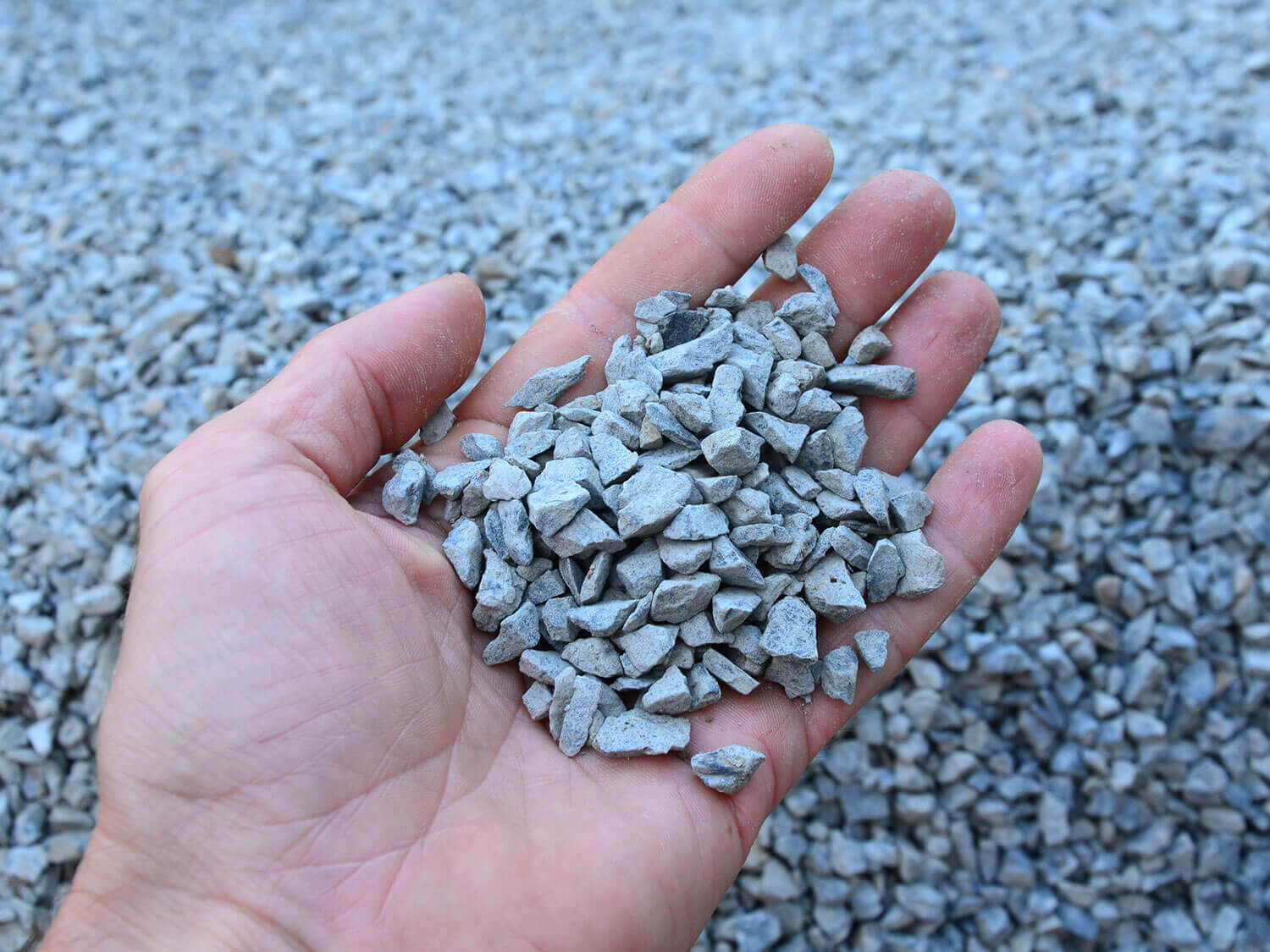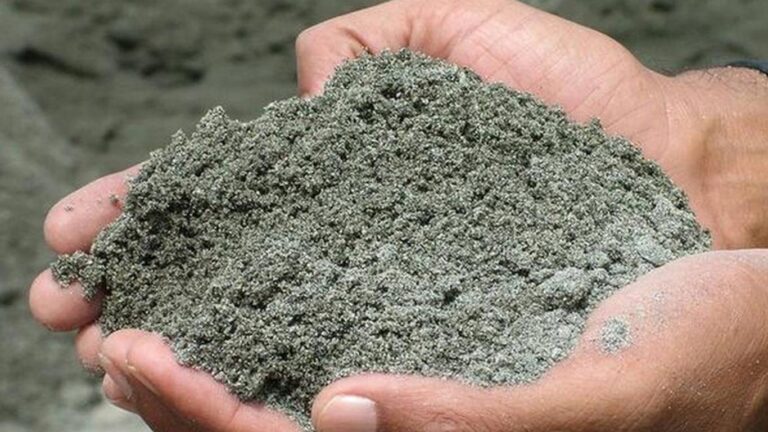Why Crushed Stone is a Must-Have in Modern Construction
The construction industry has undergone significant transformation over the past few decades, with crushed stone emerging as one of the most essential materials in modern building practices. From towering skyscrapers to residential foundations, crushed stone has become the backbone of contemporary construction projects worldwide. This versatile material plays a crucial role in ensuring structural integrity, durability, and long-term performance of various construction applications.
Understanding Crushed Stone: The Foundation of Modern Building
Crushed stone is a form of construction aggregate produced by mining suitable rock formations and breaking them down into smaller, manageable pieces through mechanical crushing processes. This engineered material is created by extracting large rocks from quarries and processing them through crushers that reduce them to specific size gradations required for different construction applications.
The production of Stone Chips/Crushed Stone involves several stages, including extraction, primary crushing, secondary crushing, screening, and washing. This controlled manufacturing process ensures consistent quality and uniform size distribution, making it ideal for various construction needs. The angular shape and rough texture of crushed stone particles provide excellent interlocking properties, which are essential for creating stable and durable construction foundations.
Modern construction projects demand materials that can withstand heavy loads, weather conditions, and time-related deterioration. Crushed stone meets these requirements exceptionally well, offering superior strength characteristics compared to naturally occurring aggregates. Its mechanical properties make it indispensable for applications ranging from concrete production to road construction and drainage systems.
The Structural Advantages of Crushed Stone
The importance of crushed stone in modern construction cannot be overstated. Its angular particles create superior mechanical interlocking when combined with binding agents like cement or asphalt. This interlocking mechanism provides exceptional load-bearing capacity and resistance to deformation under stress, making it ideal for high-performance concrete applications.
Crushed stone aggregate in Bangalore and other metropolitan areas has become increasingly popular due to its consistent quality and reliable performance. The uniformity of manufactured crushed stone ensures predictable behavior in concrete mixes, leading to more reliable structural designs and reduced construction risks. Engineers and architects prefer crushed stone because it allows for precise calculations and predictable outcomes in structural engineering applications.
The drainage properties of crushed stone are another significant advantage in modern construction. Its angular shape creates void spaces that facilitate effective water drainage, preventing water accumulation that could compromise structural integrity. This characteristic is particularly valuable in foundation work, retaining walls, and pavement construction, where proper drainage is crucial for long-term performance.
Versatility Across Construction Applications
The versatility of Stone Chips/Crushed Stone makes it suitable for numerous construction applications. In concrete production, crushed stone serves as coarse aggregate, providing the structural backbone that gives concrete its strength and durability. The angular nature of crushed stone particles creates better bonding with cement paste, resulting in stronger and more durable concrete structures.
Road construction represents another major application where crushed stone proves indispensable. It serves as a base material for highways, providing a stable foundation that can withstand heavy traffic loads and environmental stresses. The excellent load distribution properties of crushed stone make it ideal for creating robust road foundations that maintain their integrity over extended periods.
In landscaping and architectural applications, crushed stone offers both functional and aesthetic benefits. It can be used for decorative purposes while providing practical solutions for drainage, erosion control, and surface stabilization. The availability of different sizes and colors allows designers to achieve specific aesthetic goals while maintaining functional requirements.
Quality Control and Industry Standards
Modern construction demands strict quality control measures, and crushed stone production facilities have evolved to meet these requirements. Advanced testing procedures ensure that crushed stone meets specific gradation requirements, strength specifications, and durability standards. Quality control measures include regular testing for particle size distribution, material strength, and chemical composition.
The standardization of crushed stone production has led to improved consistency and reliability in construction projects. Crushed Stone Statistics and Information indicate that the quality of manufactured crushed stone has steadily improved over the years, with modern production facilities implementing sophisticated quality management systems. These improvements have resulted in better performance characteristics and increased confidence among construction professionals.
Industry standards for crushed stone have evolved to address the specific needs of modern construction techniques. These standards cover various aspects, including particle size distribution, shape characteristics, strength properties, and environmental considerations. Compliance with these standards ensures that crushed stone performs consistently across different applications and environmental conditions.
Environmental Considerations and Sustainability
The production of crushed stone has adapted to address environmental concerns while maintaining high performance standards. Modern quarrying operations implement sustainable practices, including land reclamation, water recycling, and dust control measures. These practices ensure that crushed stone production minimizes environmental impact while providing essential construction materials.
Recycling initiatives have also become important in the crushed stone industry. Many facilities now process recycled concrete and asphalt materials to produce high-quality crushed stone aggregates. This approach reduces waste disposal requirements while providing sustainable alternatives for construction projects.
The longevity and durability of structures built with crushed stone contribute to overall sustainability in construction. Buildings and infrastructure constructed with high-quality crushed stone aggregates require less frequent maintenance and replacement, reducing the long-term environmental impact of construction activities.
Market Trends and Future Outlook
Crushed Stone Statistics and Information reveal a growing demand for high-quality crushed stone aggregates across various construction sectors. Urban development, infrastructure modernization, and industrial expansion continue to drive demand for reliable construction materials. The construction industry’s evolution toward more sophisticated building techniques has increased the importance of consistent, high-performance aggregates.
Technological advances in crushing and screening equipment have improved the efficiency and quality of crushed stone production. These improvements have resulted in better particle shape, more consistent gradation, and reduced production waste. The integration of digital technologies in quarry operations has enhanced quality control and production efficiency.
About Aradhya Constructions
For premium quality crushed stone and construction materials, Aradhya Constructions stands as a trusted partner in the construction industry. With extensive experience in supplying high-grade construction aggregates, Aradhya Constructions has built a reputation for reliability, quality, and customer satisfaction.
Aradhya Constructions specializes in providing superior crushed stone aggregates that meet stringent industry standards and project specifications. Their commitment to quality ensures that every delivery meets the exacting requirements of modern construction projects.
Contact Details:
- Phone:+91 9008 777 742
- Email:aradhyaconstructions01@gmail.com
- Address: CS-NICE Road Bannerughatta Road, Gundappa Layout, Gottigere, Bengaluru, Karnataka 560083
- Website: https://aradhyasands.com/
Frequently Asked Questions (FAQs)
1. What makes crushed stone better than natural aggregates?
Crushed stone offers superior angular shape and uniform size distribution compared to natural aggregates. Its mechanical crushing process creates better interlocking properties and more predictable performance in construction applications.
2. How is crushed stone quality controlled during production?
Quality control involves regular testing for particle size distribution, strength characteristics, and chemical composition. Modern production facilities implement sophisticated quality management systems to ensure consistent performance.
3. What are the main applications of crushed stone in construction?
Crushed stone is used in concrete production, road construction, foundation work, drainage systems, landscaping, and various architectural applications. Its versatility makes it suitable for numerous construction needs.
4. How does crushed stone contribute to construction sustainability?
Crushed stone contributes to sustainability through its durability, recyclability, and the implementation of environmentally responsible production practices. Structures built with crushed stone require less maintenance and have longer service lives.
5. What factors should be considered when selecting crushed stone suppliers?
Consider factors such as quality certifications, production capacity, delivery capabilities, technical support, and compliance with industry standards. Reliable suppliers should provide consistent quality and meet project specifications reliably.







